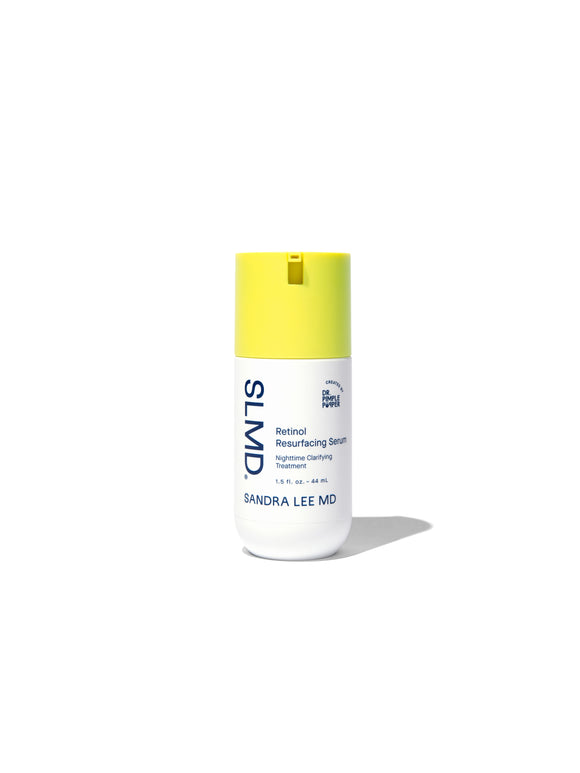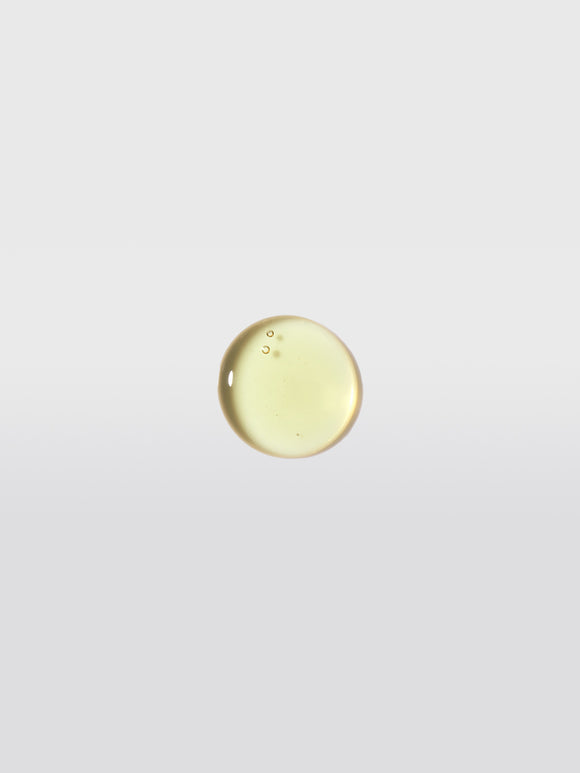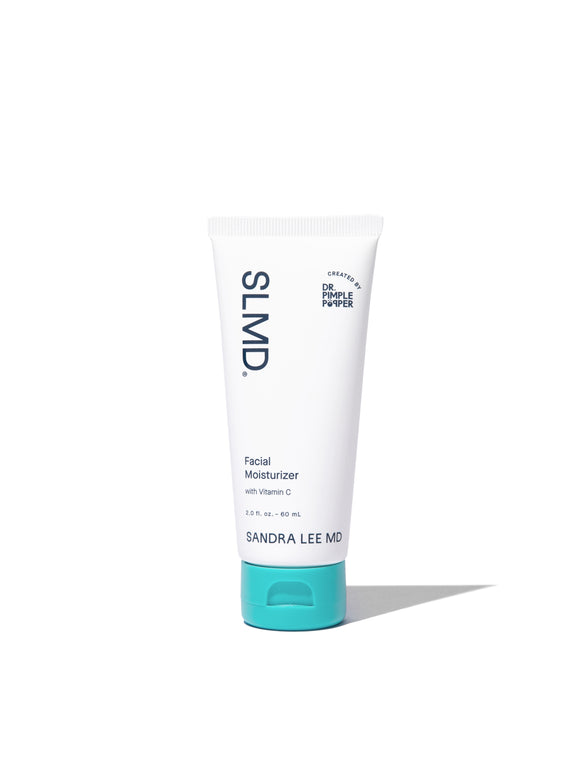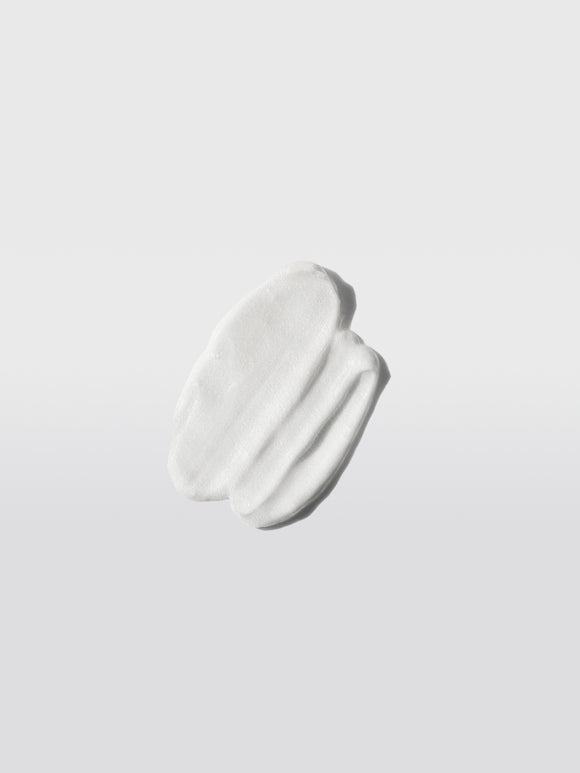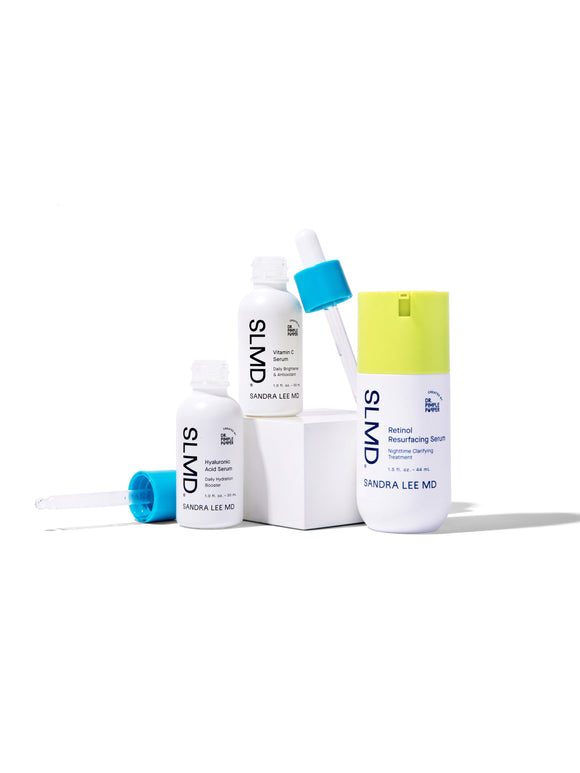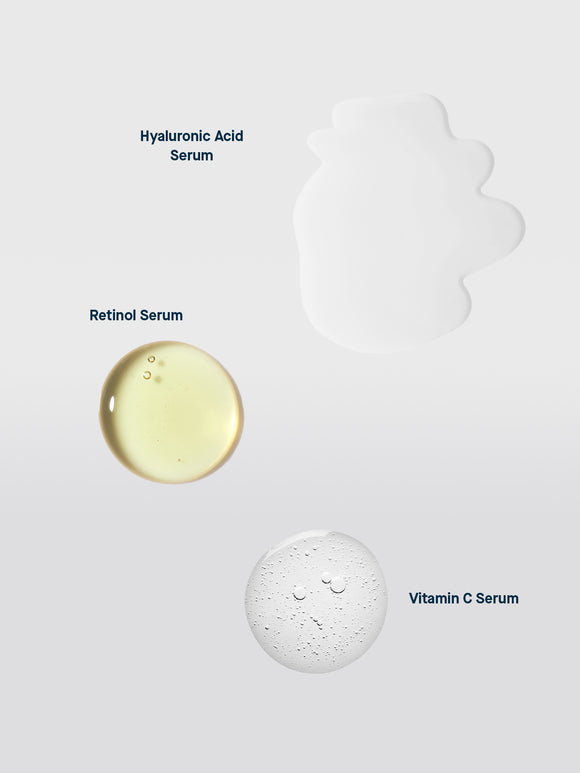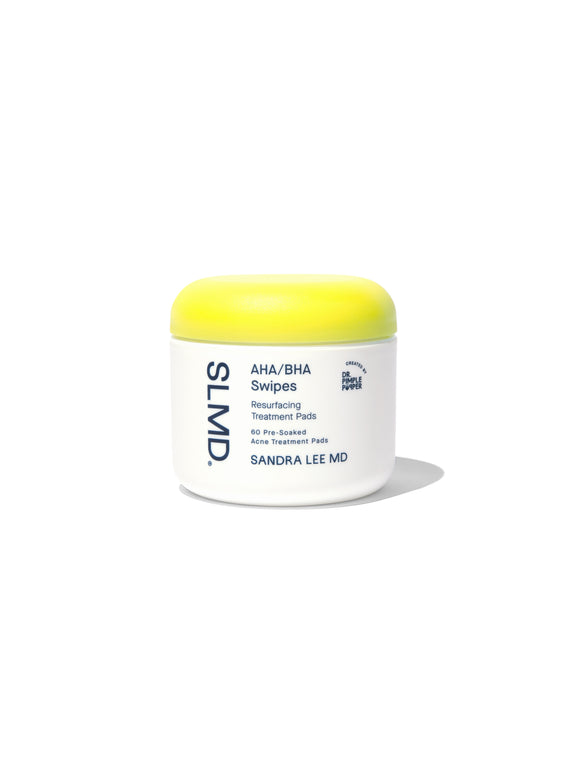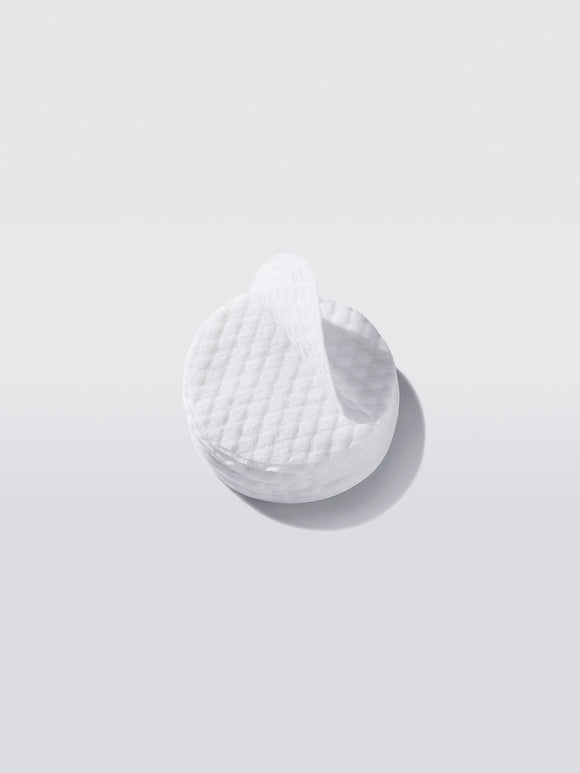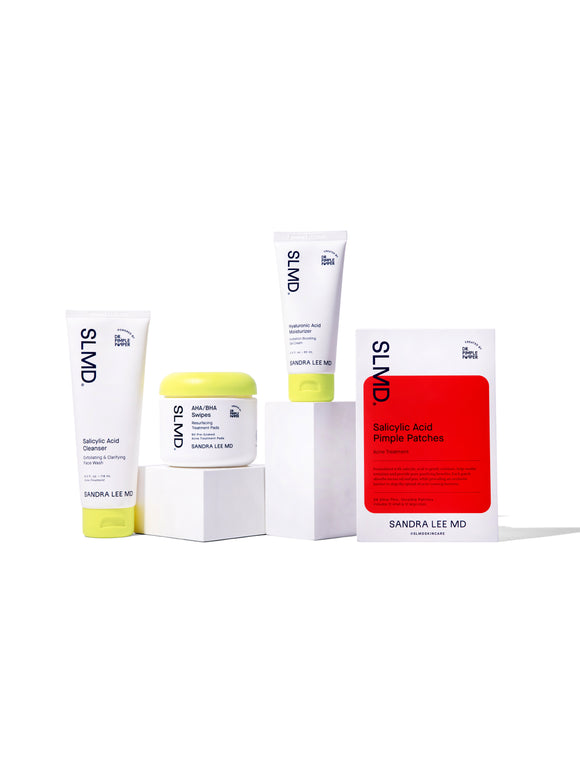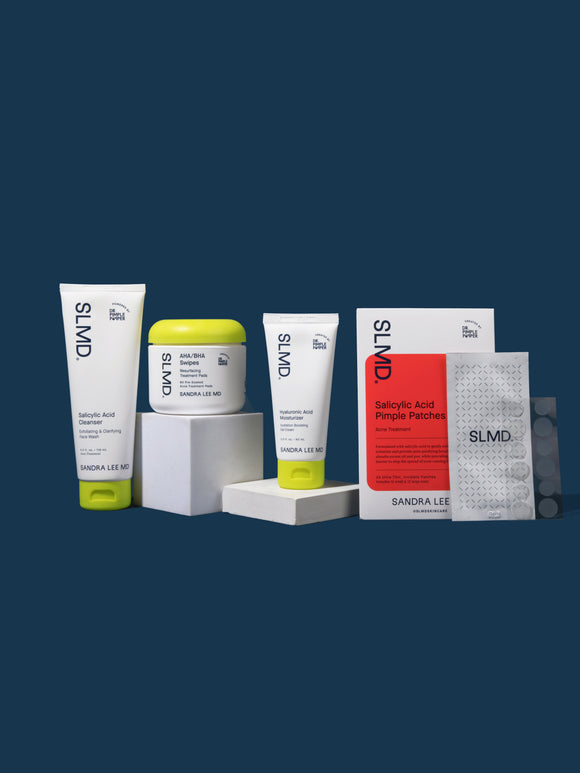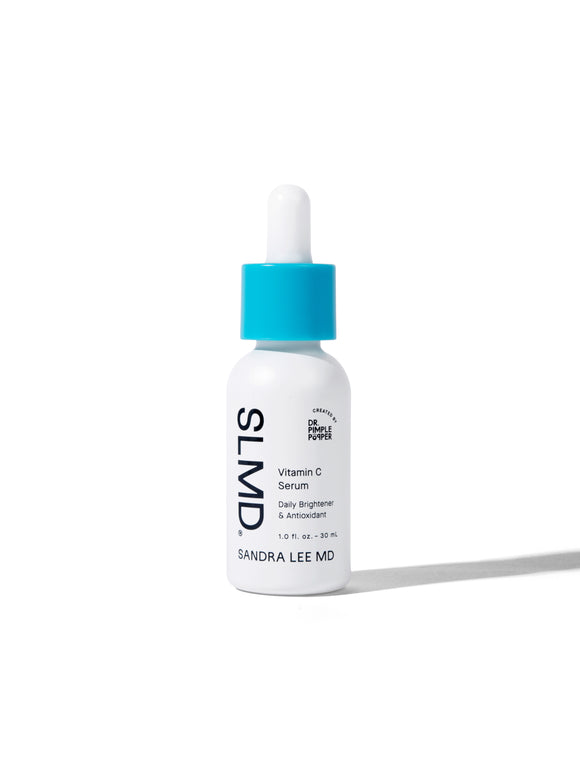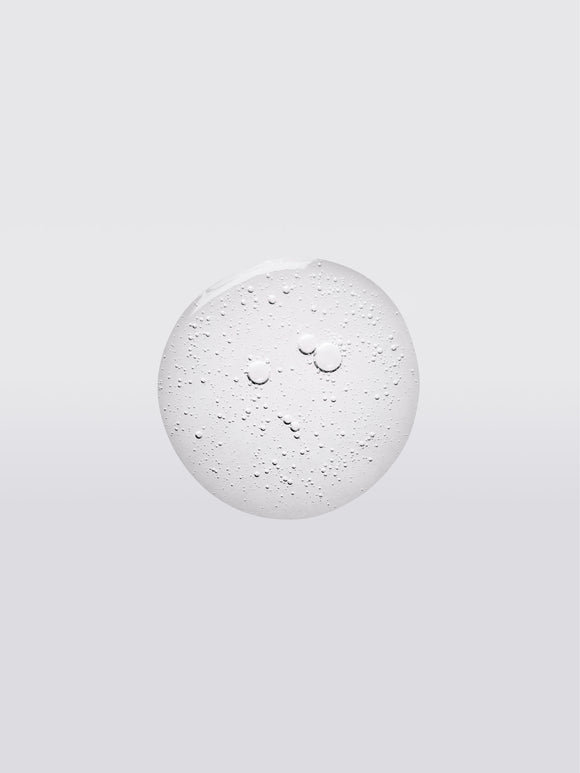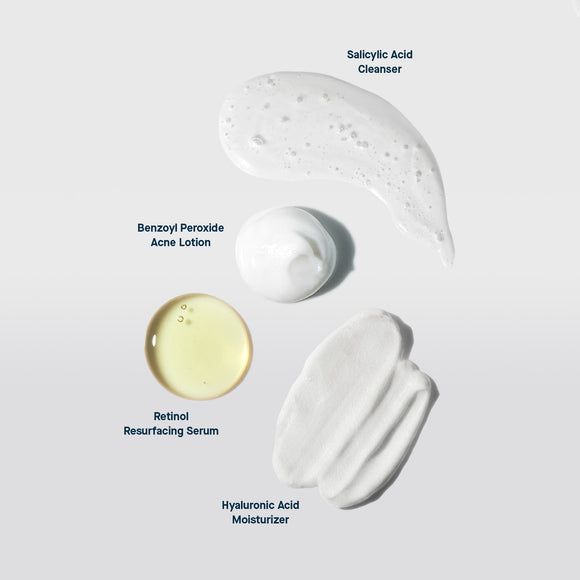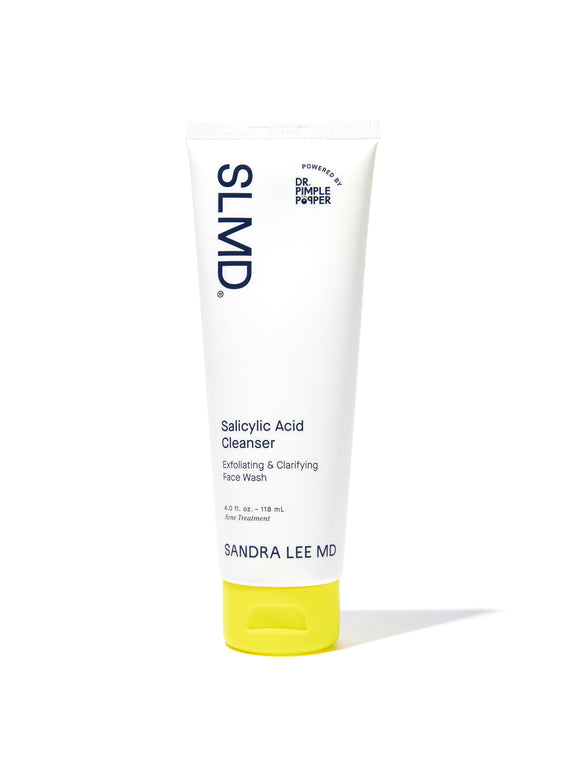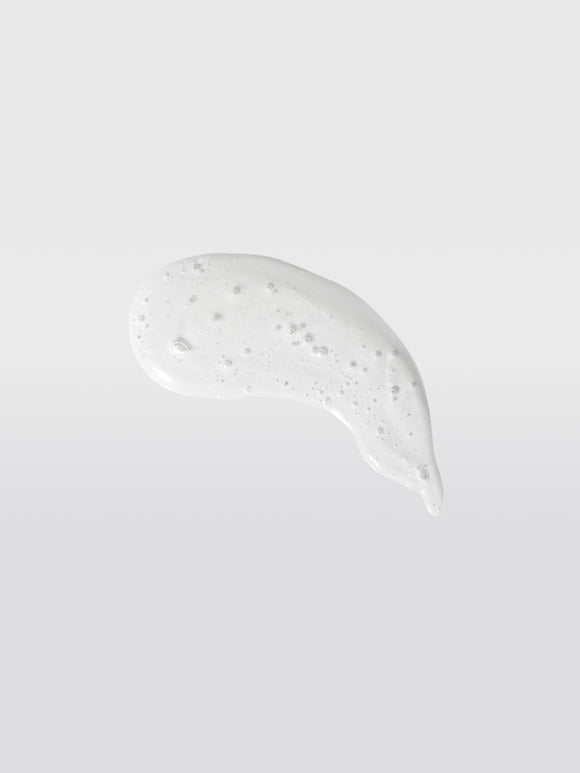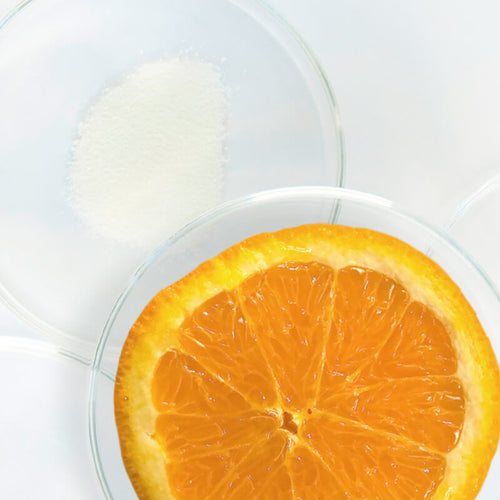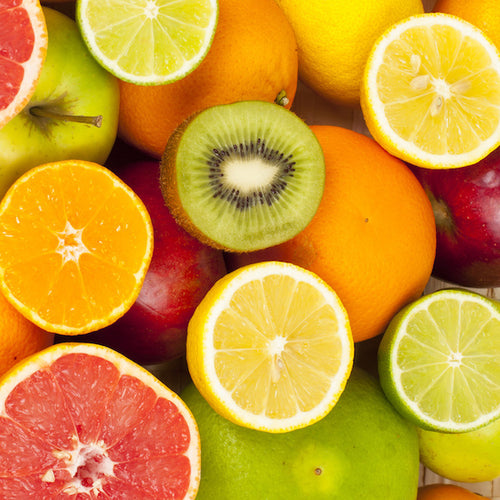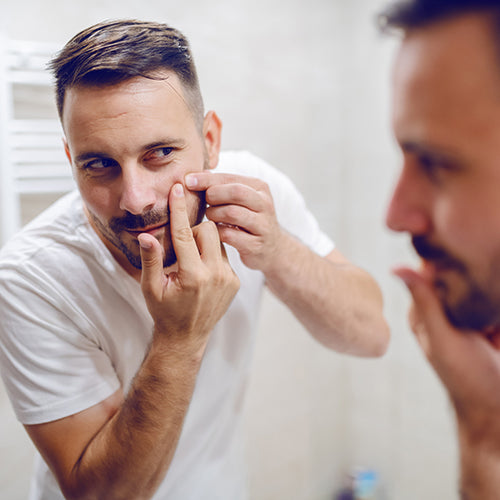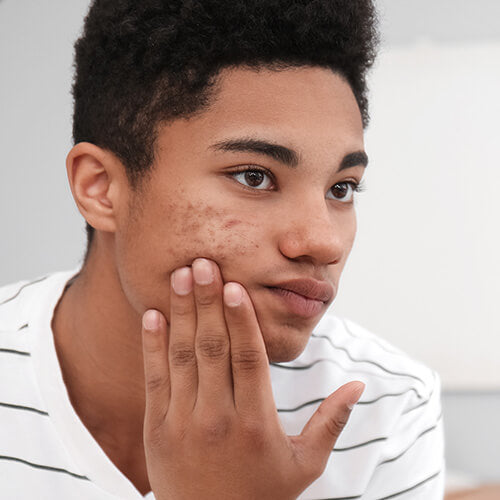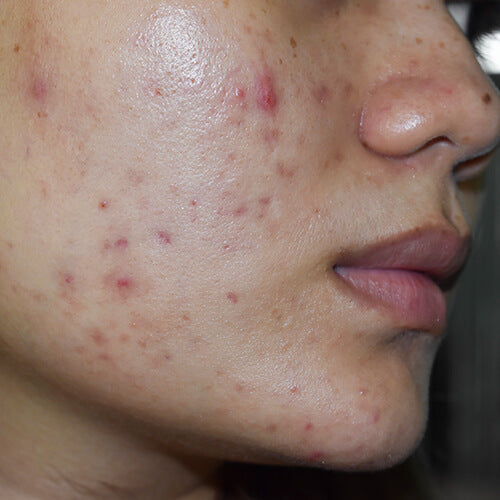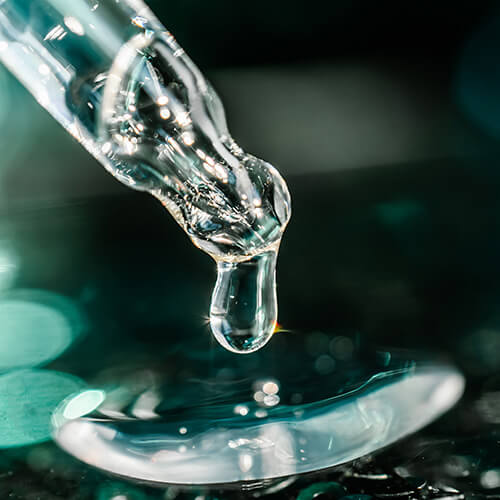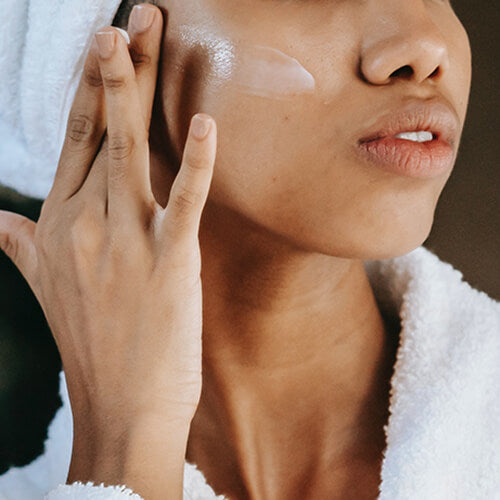
Antioxidants for Skin: What They Do & Which Ones Work Best
Everything you need to know about these superstar skin protectors.
Published:
3 minute read
In recent years, the term antioxidants has become a ubiquitous beauty buzzword — but do you know exactly what these superheroes do for your skin?
In a nutshell, these reactive molecules protect every cell in your body — including your skin — from everyday damage that can lead to a host of problems, like premature aging. Here, we explain which antioxidants work best for skin health, and how to get more of these powerful allies onto your skincare squad.
Article Quick Links
What are antioxidants?
At every moment, your body is undergoing countless chemical reactions — many of which produce highly unstable molecules called free radicals. These substances are create as a normal byproduct of your cellular metabolism, as well as when you're exposed to things like pollution and UV radiation.
These chemical reactions create something called oxidative stress, which causes cells to break down over time. If you've ever cut open an apple and watched it turn brown, that's oxidation — and as you might imagine, it's not ideal for living things. Enter antioxidants: these mighty wonders neutralize free radicals to prevent cellular damage.
What do antioxidants do for skin?
Gobbling up free radicals is great — but what exactly does that mean for your skin health? Here’s the highlight reel of antioxidant skin benefits:
- Prevent and treat hyperpigmentation: protect against free radicals and UV exposure that triggers melanin production
- Slow down skin aging: prevent the oxidative stress that slows down collagen production
- Protect against sun damage: block free radicals from the sun and soothe inflammation from UV exposure
- Strengthen skin’s barrier function: prevent skin cell damage, improving the integrity of its structure
Dr. Pimple Popper's Antioxidant All-Stars
What are the best antioxidants for skin health?
Vitamin C
Niacinamide
Vitamin E
Vitamin A
Polyphenols
Ferulic Acid
What skincare products contain antioxidants?
These days, it's easy to find antioxidants in everything from serums to sunscreen — but not all products are equally potent. In order to work, these free radical fighters must be absorbed into the skin; how well this happens depends on the formulation.
Complicating matters is the fact that antioxidants, by their very nature, are fairly fragile. They're reactive and relatively easily degraded by light, changes in temperature, and exposure to air — another reason formulations (as well as proper packaging) are key. Fortunately, innovations in cosmetic chemistry have led to new derivatives of antioxidants like vitamin C, which are not only gentler on skin, but last longer, too.

Dr. Lee's Last Word
Antioxidants are essential for preventing the damaging chain reactions that happen when skin is attacked by free radicals. I recommend that patients incorporate antioxidants into their diet, with fresh fruits and veggies, and into their skincare routine — with potent ingredients like vitamin C, niacinamide, retinol, and ferulic acid.



